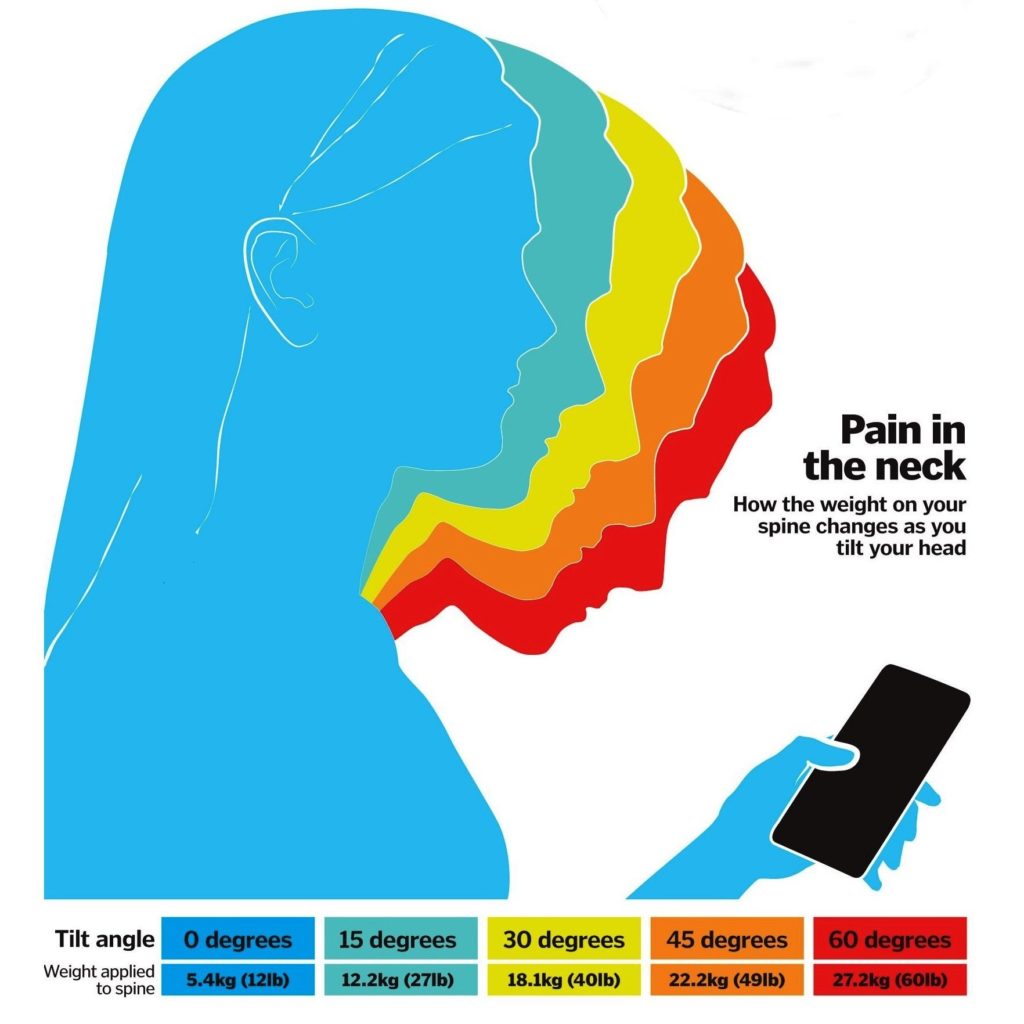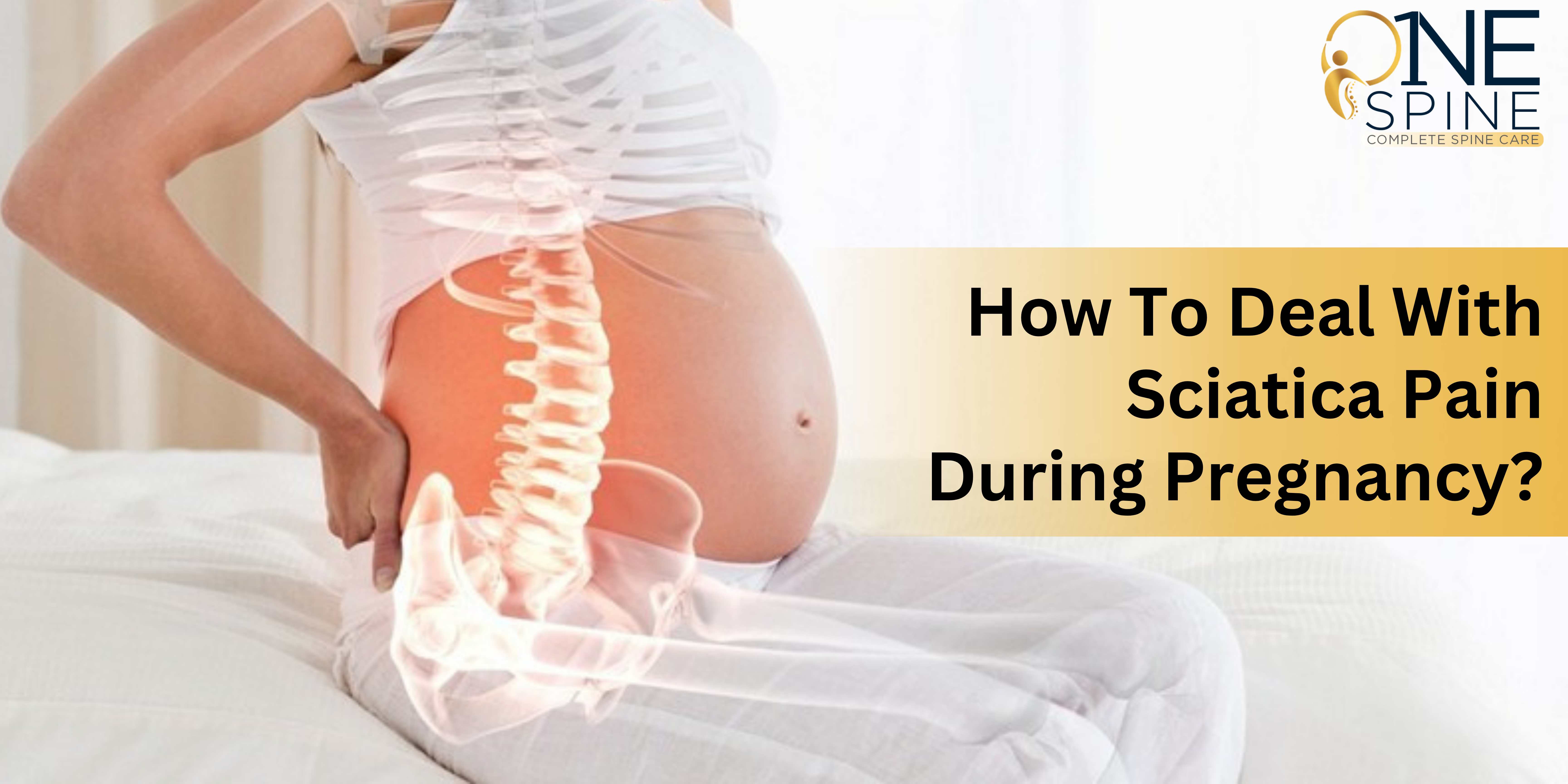Understanding the Link Between Menopause and Osteoporosis: Insights into Women’s Bone Health
The end of a woman’s menstrual cycle is known as menopause, which is a normal stage of life. It usually affects women between the ages of 45 and 55 and is diagnosed after 12 months without a menstrual period. Menopause alters a woman’s body in many ways, but one of the biggest effects is on her bones, mainly increasing her risk of osteoporosis.
It’s critical to recognize and manage the risks of osteoporosis, particularly post-menopause, in cities like Mumbai where access to healthcare and lifestyle options vary widely.

- Why Menopause Affects Bone Health
- Osteoporosis and Spine Health in Mumbai
- Diagnosis and Treatment of Osteoporosis
- Lifestyle Changes and Prevention
- Finding the Right Clinic in Mumbai
- The Road Ahead
1. Why Menopause Affects Bone Health
During the reproductive years, estrogen plays a vital role in maintaining bone density by helping to deposit calcium into bones. But as menopause draws near and estrogen levels drop, bone resorption (the breakdown of bone) begins to exceed bone formation, which results in a loss of bone mass and a higher risk of fractures.
Osteoporosis is often termed a “silent disease” because it progresses without any symptoms until a fracture occurs. The hip, wrist, and spine are the most common locations for these fractures, so it’s critical to understand, seek, and receive appropriate spine treatment as well as general bone health care.
2. Osteoporosis and Spine Health in Mumbai
Given Mumbai’s busy lifestyle and large population, more people are becoming aware of osteoporosis and its consequences. One Spine Clinic in Mumbai is leading the way in resolving these problems by providing post-menopausal women with individualized care and treatment options.
Spine health is particularly important because vertebral fractures can be disabling and negatively impact the quality of life. In these types of specialized centers, the goal of preventive spine treatment is not only to treat current conditions but also to delay the onset of complications related to osteoporosis.
3. Diagnosis and Treatment of Osteoporosis
For osteoporosis to be effectively managed, early diagnosis and treatment are essential. For women at risk of osteoporosis after menopause, bone density tests like DEXA scans are advised. These examinations aid in determining bone density and fracture risk, enabling the implementation of effective treatment plans.
Osteoporosis treatment in Mumbai involves a combination of lifestyle changes, dietary adjustments, and medical treatments. Calcium and vitamin D supplements are often prescribed to enhance bone strength, along with other medications that can slow bone loss and promote bone growth.
4. Lifestyle Changes and Prevention
Preventive measures play a critical role in managing osteoporosis. These include:
Regular Exercise
Weight-bearing and muscle-strengthening exercises can help maintain bone density and strength. Activities such as walking, jogging, yoga, and resistance exercises are beneficial.
Nutrition
A diet rich in calcium and vitamin D is crucial. Foods like dairy products, green leafy vegetables, and fortified foods help in bone health maintenance.
Avoiding Smoking and Limiting Alcohol Intake
Both smoking and excessive alcohol consumption can accelerate bone loss.
5. Finding the Right Clinic in Mumbai
Selecting the best spine clinic in Mumbai is necessary if you want thorough care. A quality clinic uses a multidisciplinary approach, with nutritionists, physiotherapists, and orthopedists collaborating to develop individualized treatment programs. A comprehensive approach that helps to enhance overall spinal health in addition to treating osteoporosis.
6. The Road Ahead
For women in Mumbai and other urban areas, understanding the impact of menopause on bone health is the first step toward the prevention of osteoporosis. With the right lifestyle choices, preventive care, and effective treatment options available at One Spine Clinic, managing and mitigating the risks associated with this bone-weakening disease is entirely achievable.
As awareness grows and more women seek early intervention, the outlook for managing osteoporosis after menopause. It is imperative for women to take proactive steps towards their bone health during and after menopause, ensuring a healthier, more active future.


